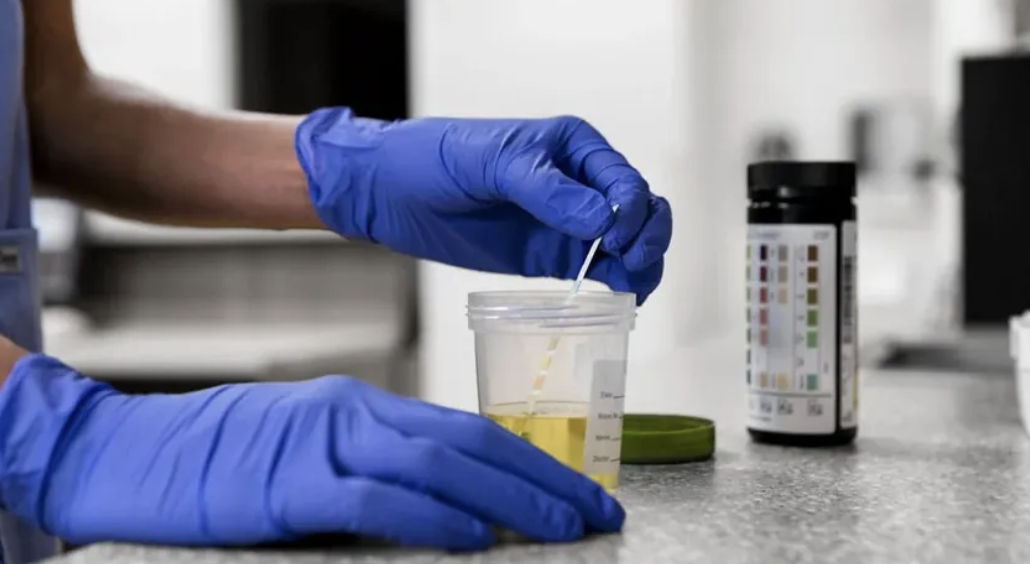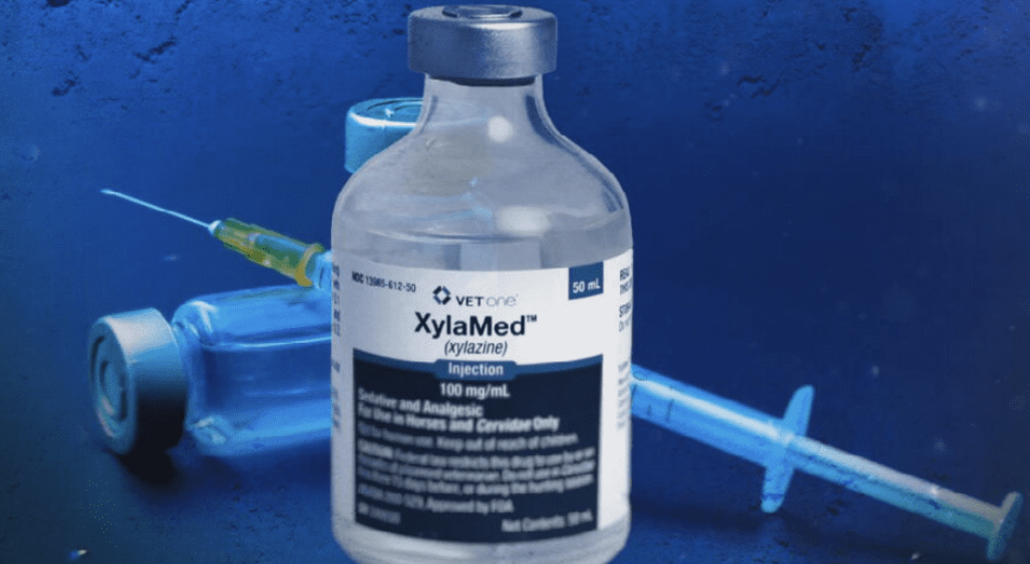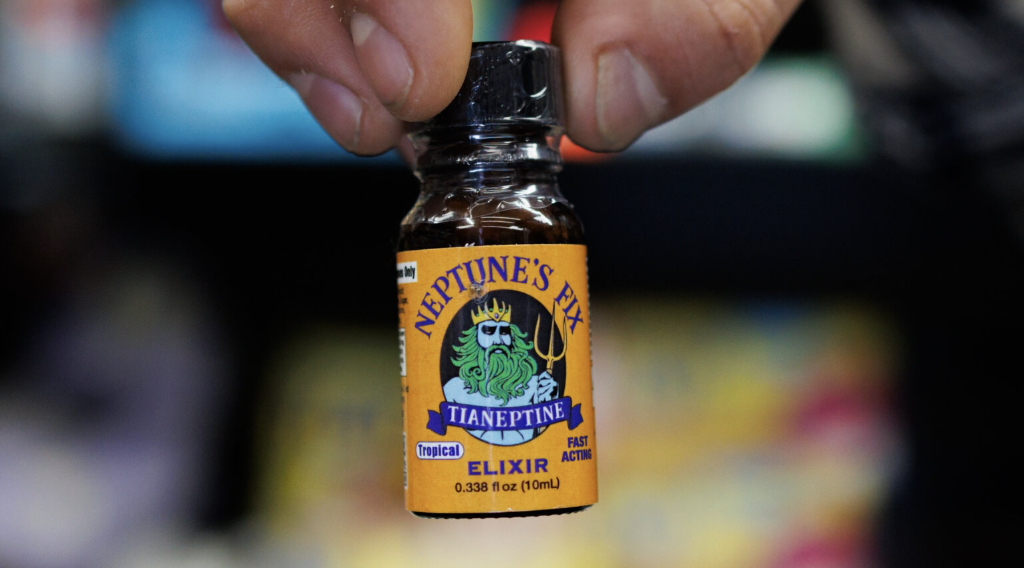Missing a dose of Suboxone can cause anxiety, but understanding what to do if you miss a suboxone dose helps manage the situation effectively. If you realize within 12 hours, taking the missed dose is generally safe. After 12 hours, skip it and proceed with your regular schedule. This article will guide you step-by-step through handling missed doses and maintaining your treatment plan.
Key Takeaways
- If a Suboxone dose is missed within 12 hours, it can be safely taken immediately; however, if over 12 hours have passed, it is best to skip the missed dose and continue with the normal schedule.
- Missing multiple doses can disrupt treatment efficacy leading to withdrawal symptoms and increased cravings, necessitating potential adjustments to the treatment plan by healthcare providers.
- Utilizing reminders, pill organizers, and support systems like telehealth can enhance adherence to the Suboxone medication regimen and help prevent missed doses.
What should you do if you miss a Suboxone dose?
If you miss a Suboxone dose, the first step is to assess how much time has passed since your scheduled dose. If you realize your mistake within 12 hours, it is usually safe to take the missed dose immediately. This approach helps maintain a steady level of medication in your system, which is crucial for effective treatment.
However, if more than 12 hours have passed, it is better to skip the missed dose and continue with your regular dosing schedule. Taking two doses too close together can lead to adverse effects, including excessive sedation and a higher risk of suboxone overdose. It’s important to avoid doubling up on doses to make up for missed ones, as this can be dangerous.
If you frequently miss doses or are unsure about what to do after missing one, contact your healthcare provider for guidance. They can provide specific instructions based on your treatment plan and help you avoid potential complications from missed doses.

What happens if you miss a Suboxone dose?
Missing a single dose of Suboxone usually does not cause immediate negative effects, thanks to the medication’s long-acting nature. However, missing multiple doses can disrupt the stability of your treatment, leading to a return of withdrawal symptoms and cravings for opioids. This disruption can compromise the effectiveness of your recovery plan and increase the risk of relapse.
What happens to your brain on Suboxone is largely influenced by how consistently it’s taken, as steady levels of buprenorphine and naloxone help manage cravings and withdrawal symptoms. Missing doses can cause fluctuations in these levels, making it harder to manage your opioid dependence effectively.
How Suboxone works in the body
Suboxone combines two active ingredients: buprenorphine and naloxone. Buprenorphine is a partial opioid agonist that binds to opioid receptors in the brain, reducing cravings and withdrawal symptoms without producing the same high as other opioids. Naloxone, on the other hand, is an opioid antagonist that blocks the effects of opioids, helping to prevent misuse of the medication.
Because of its long half-life, Suboxone stays in your system for over a day, which provides some buffer for missed doses. This long-acting nature helps maintain stable blood concentration levels, making it easier to manage opioid dependence even if a dose is occasionally missed.
Withdrawal symptoms from missed doses
If you miss multiple doses of Suboxone, withdrawal symptoms may begin to appear approximately 24-48 hours after your last dose. These symptoms can range from mild to severe and may include:
- Nausea
- Vomiting
- Muscle aches
- Insomnia
- Increased anxiety
The onset of withdrawal symptoms typically occurs within a day and a half after the last dose, may peak within the first 72 hours, and potentially last for several weeks. Many individuals may experience withdrawal symptoms during this time.
Psychological symptoms are also common, including irritability, depression, and strong cravings for opioids. These symptoms can be distressing and significantly impact your mental health problems, making it harder to stick to your treatment plan during opioid withdrawal syndrome and addiction, especially for those experiencing pain from opioid use disorder and drugs.
Missing multiple doses not only increases the likelihood of experiencing suboxone withdrawal symptoms but also raises the risk of treatment failure or relapse. Maintaining a stable dosage is crucial to avoid these harmful effects and ensure the success of your recovery.
Can you double your next dose to make up for a missed one?
Doubling up on Suboxone to make up for a missed dose is not recommended and can be dangerous. Taking an extra dose can lead to unintended side effects, such as excessive sedation or respiratory depression, which can be life-threatening. Additionally, taking too much Suboxone at once can precipitate withdrawal, causing severe discomfort.
If you miss a dose and remember within 12 hours, it is usually safe to take the missed dose. However, if you are close to your next scheduled dose, it is better to skip the missed dose and continue as normal. Always follow your healthcare provider’s guidelines to avoid complications.
When to contact your doctor after missing a dose
It’s important to know when to contact your healthcare provider after missing a Suboxone dose. If you miss multiple doses and start experiencing withdrawal symptoms, it is essential to seek medical advice. Your doctor can provide guidance on how to manage these symptoms and adjust your treatment plan if necessary.
In cases where you are unsure whether to take or skip a missed dose, consulting your doctor is the best course of action. They can help you make a determined decision based on your specific situation and treatment history.

How providers typically adjust treatment
Healthcare providers may adjust your treatment plan based on the number of missed doses and your overall treatment history. For instance, they might:
- Recommend a reduced dose upon resuming Suboxone to ensure safety and minimize the risk of adverse effects.
- In some cases, require closer monitoring.
- Restart the induction process if necessary to stabilize your treatment.
Regular consultations with your doctor may be crucial to maintaining an effective treatment plan. They can help you navigate any challenges and ensure that you stay on track with your recovery. In some cases, doctors prescribe additional resources to aid in your treatment.
How many doses can you miss before needing to restart Suboxone?
Missing a single dose of Suboxone typically does not cause immediate problems, but missing multiple doses can lead to withdrawal symptoms and disrupt your treatment. Generally, missing more than one or two days of doses may require a more cautious approach to resuming treatment.
If several days have passed without taking Suboxone, you may need to undergo reinduction, a process where the medication is reintroduced under medical supervision to ensure safety and effectiveness. Consult your healthcare provider to determine the best course of action based on your specific situation.
Tips to avoid missing your Suboxone dose
To avoid missing your Suboxone dose, consider integrating practical strategies into your daily routine:
- Set reminders on your phone to keep track of your doses.
- Use a pill organizer to manage your medication.
- Incorporate your medication schedule into daily habits, such as taking your dose with breakfast, to make adherence easier.
If you frequently miss doses and are considering discontinuing treatment, talk to your provider about how to get off Suboxone safely and gradually. They can offer valuable advice and encouragement to help you stay consistent with your drug treatment plan.
Tools and support systems
There are various tools and support systems available to help you adhere to your Suboxone treatment plan. Apps and digital tools can provide reminders and track your medication schedule, reducing the risk of missed doses. Telehealth services offer convenient access to healthcare providers, ensuring you receive the support you need, even if you miss a dose. Additionally, using a sublingual film can enhance your medication adherence.
Pharmacists can also be valuable resources, offering dosage reminders and answering any questions you may have about Suboxone and medications. They can prescribe treatment plans, and maintaining a consistent routine while utilizing these support systems can significantly enhance your adherence to the treatment.
How Firepit Health supports treatment adherence
Firepit Health plays a crucial role in supporting treatment adherence for patients undergoing Medication-Assisted Treatment (MAT). They offer individualized treatment plans that adapt to each patient’s specific needs, enhancing their commitment to recovery. Through virtual support and counseling, Firepit Health ensures that patients remain engaged with their treatment programs.
The organization also employs reminders and follow-up communications to help patients remember their medication schedules. By providing continuous access to care through telehealth services, Firepit Health makes it easier for patients to stay on track, regardless of their location.
Bottom Line: What to do if you miss a suboxone dose?
Managing your Suboxone treatment effectively is key to overcoming opioid dependence and achieving long-term recovery. By understanding what to do if you miss a dose, recognizing the potential effects on your treatment, and utilizing strategies to prevent missed doses, you can stay on track and avoid complications.
Remember, support is always available through healthcare providers and resources like Firepit Health, which offers comprehensive support to help you adhere to your treatment plan. Stay committed, stay informed, and take control of your recovery journey.
FAQs about missed Suboxone doses
What if I miss Suboxone two days in a row?
Missing Suboxone for two consecutive days necessitates consulting your doctor for advice. They may suggest a reduced dose or restarting the induction process based on your individual circumstances.
Is it okay to take Suboxone late?
It is acceptable to take Suboxone late if you remember your missed dose within 12 hours; however, if it is close to your next scheduled dose, you should skip the missed dose and adhere to your regular regimen.
Will I feel withdrawal if I miss one dose?
Missing one dose of Suboxone is unlikely to cause withdrawal symptoms due to its long half-life. However, consistently missing doses can lead to withdrawal effects such as nausea, anxiety, and muscle aches.
Can taking two doses of Suboxone at once be harmful?
Taking two doses of Suboxone at once can be harmful and may lead to overdose, resulting in serious health consequences. It is essential to adhere to prescribed dosing guidelines.
What should I do if I frequently miss doses?
If you frequently miss doses, it is essential to seek additional counseling or support to improve your adherence to treatment. This proactive approach can help ensure you stay on track with your medication.















